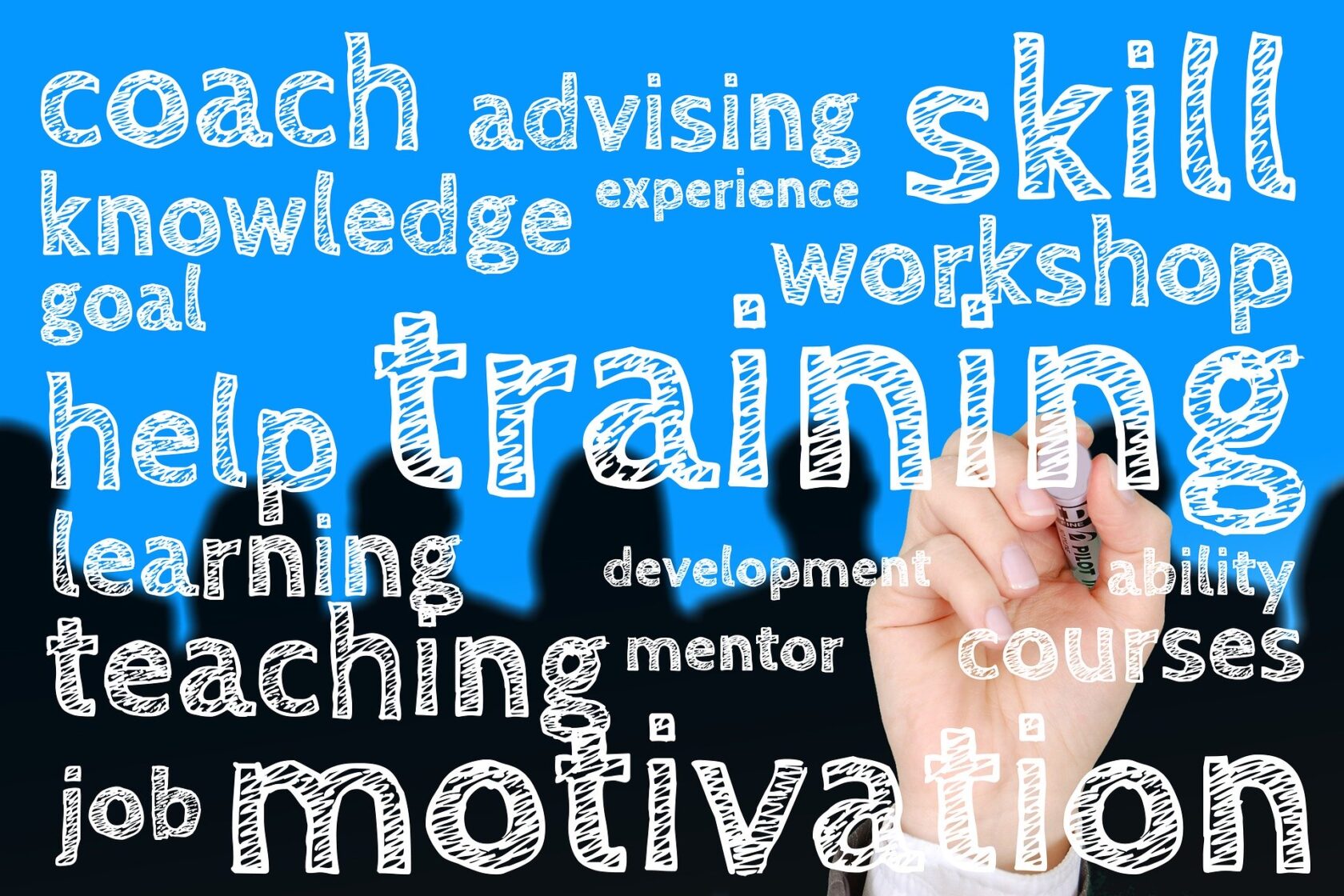
As graduate students you come in to your program with the expectation that your dissertation advisor will also be your mentor. You put in the work and hopefully selected this individual well. But what happens when your advisor refuses to give you career advice. Or what happens when they aren’t able to give you good advice about your career. Or worse, what happens when you realize they could care less about your career. Sometimes the lines can get blurred. And if as a student you place a lot of expectations on your advisor-beyond them advising you on your dissertation work-and these expectations are not known or agreed upon by them, it can become frustrating and disappointing.
Career consultants on the other hand will be quick to let you know that you should take charge of your own professional destiny and to get the right mentors in place. Mentors are great, when they’re great. But when they’re not great, then that also can be another frustrating relationship. And can leave you thinking you should go down the path of self-mentoring (which yes is a definite helpful and boss form of mentoring), avoid mentoring all together, or continue on the path of securing a new mentor (or mentors).
After many years of having an advisor, a committee, and countless mentors, I’ve learned a lot that has helped me navigate aspects of my professional career from a graduate student and beyond. However, it wasn’t until I was at the table on behalf of a colleague several years ago, that I learned what it looks like to have someone help you beyond a mentor. I saw firsthand what it looked like for someone to advocate on another’s behalf in a way that made big things happen for that individual. What!!!! So, in that moment I immediately recognized that not only did I need mentors but I was missing this key person called a sponsor.
After time still, having sponsors in place there still were periods that no one else could really help me until I figured things out for myself. I felt this was the polite thing to do to not waste the time of the very important mentors and sponsors in my corner. This realization made me open to learning more about coaches from a friend, who simply described coaches, as people that can help you figure out how to get out of your own way. And that’s when I got connected with a professional coach. There are all kinds of these coaches that exist-professional coaches, life coaches, career coaches, business coaches, writing coaches, and others-but in a 1 hour session with this coach, I walked away with a huge weight lifted and also with a complete change in mindset. I realized that I sometimes am my own problem at getting to the things that I am trying to achieve. Go figure?!!!
And so, if you haven’t already considered, this, please consider building your support team. The team of folks that have your best interests at heart and will help you in various ways to navigate not only your path in graduate school but also beyond that. These are some of the types of folks that you may consider having on your team:
Advisor – The person you choose to be the primary point person for your dissertation or research. Some departments may call this person your Dissertation Chair. This individual may either directly have a research project that you become a part of in alignment with their program or they help you as you create your own project area and move it forward as a dissertation. Generally, this person is only required to help you in this capacity however many advisors can also serve as mentors. And this could be a point to consider as you select the advisor. Don’t assume that advisor and mentor are one in the same.
Mentor – This is the individual(s) that you reach out to informally or formally and ask them to help guide you on your path. They have relevant experiences in their own life or profession which they are willing to share with you in order to help inform, educate, and inspire you along the way. Hopefully where possible, they make connections and speak on your behalf, however this isn’t always the case. And the type of relationship that you have with them is one that you have to be clear on up front so that you both can benefit from this mentor/mentee experience. Multiple mentors is certainly a thing and you can have varying degrees of mentors from peers to seasoned professionals on your team.
Sponsor – Now this is the person who will take it a step further on your behalf when needed. Yes, they can do some of what the mentor and advisor do, but this could be a completely separate individual who is willing to go hard on your behalf. This is the person who is connecting, speaking up, and advocating for you in order to make things happen on your behalf when you are not necessarily in the room. And this isn’t a relationship that you just blindly ask for or even directly ask for at all but when it happens, you have confidence in knowing that you are not going this alone.
Coach – So there’s different folks that can help you as discussed above, but the biggest person that will help you along this journey believe it or not is you. Yes, you are the one that has what it takes underneath the surface to accomplish everything necessary to complete this advanced degree. However, sometimes we aren’t sure that we have it or we don’t know what roadblocks exist or how to get them out of the way. So, a coach is a person that can help walk you through this by listening to your story or your hurdles, and helping you to reflect on what’s necessary to move forward. They have experiences and things that may be helpful to share in this context, however they generally offer a more objective viewpoint. And these individuals are not necessarily tied to your dissertation, your profession, or your career, so can really help challenge and grow you in ways that mentors, advisors, and coaches may not be able to.
Overall, having a strong support team in place is critical for navigating your graduate program and in being successful in your career. There are certainly several other players that are critical to this team beyond these four types of individuals here so don’t limit yourself to these four. However, I hope that you will begin to create and nurture positive relationships with your support team.
We have coaches available to help get you started so be sure to sign up for an intro session soon.
Until next time,
Renã AS Robinson, PhD
Image by Gerd Altmann from Pixabay

